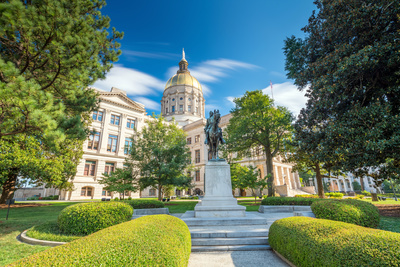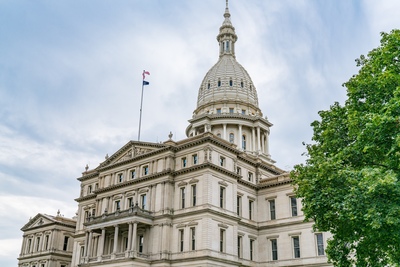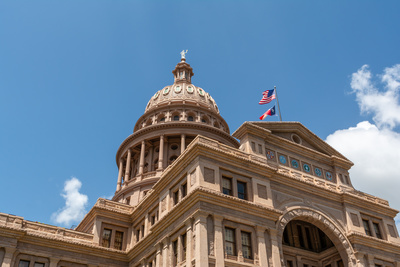
Compliance
Lobbying Compliance and Campaign Finance Deadlines in February 2026
February 3, 2026 | Ben Zuegel, Vinnie Cannamela

Key Takeaways:
As the country grapples with the widespread effects of the COVID-19 pandemic, government affairs professionals are looking for new ways to interact and engage with policymakers now that travel opportunities are limited.
Prior to making contact with a legislator, citizens and lobbyists alike must understand the legal limits placed on communication with these officials. You may be surprised to learn that in some states, even before a word is spoken or an email is sent, lobbying activity under the law has already occurred — in some jurisdictions, preparation time is considered lobbying activity. Preparation time includes gathering research materials and information, creating lobbying action plans, and finding key contacts to use for future lobbying activities. Check out the map below to see how different states treat prep time when it comes to lobbying. 
How has lobbying activity occurred before contact with an official has not been made? The answer to this question can be found in the lobbying laws in the handful of states that consider prep time as lobbying activity. Preparation time and research, even before any contact has been made, can in fact count towards lobbying registration thresholds in certain states. Louisiana defines lobbying as “any direct act or communication with a legislator, the purpose of which is to aid in influencing the passage or defeat of any legislation.” Louisiana law further clarifies that “any preparation or research specifically intended, at the time it is performed, for use in or in support of any ongoing or planned direct act or communication with a legislator, the purpose of which is to aid in influencing the passage or defeat of any legislation” is considered to be “lobbying activities.”
On the other hand, West Virginia law stops short of viewing preparation time as lobbying activity with regards to lobbyist registration thresholds. In West Virginia, you could spend countless hours of research and preparation, however, until contact with a legislator is made, no lobbying activity has occurred under state law. The statutes of West Virginia clarify that lobbying means “the act of communicating with a government officer or employee to promote, advocate or oppose or otherwise attempt to influence.”
Knowing how to navigate complexities in state lobbying laws is vital in creating an effective government relations strategy. For more information on managing these communications and activities in a virtual landscape you can read more in previous blog posts or learn how MultiState can help you streamline your compliance process.

February 3, 2026 | Ben Zuegel, Vinnie Cannamela

January 7, 2026 | Ben Seitelman, Bradley Coffey

January 5, 2026 | Chase Klingensmith, Dylan Busler